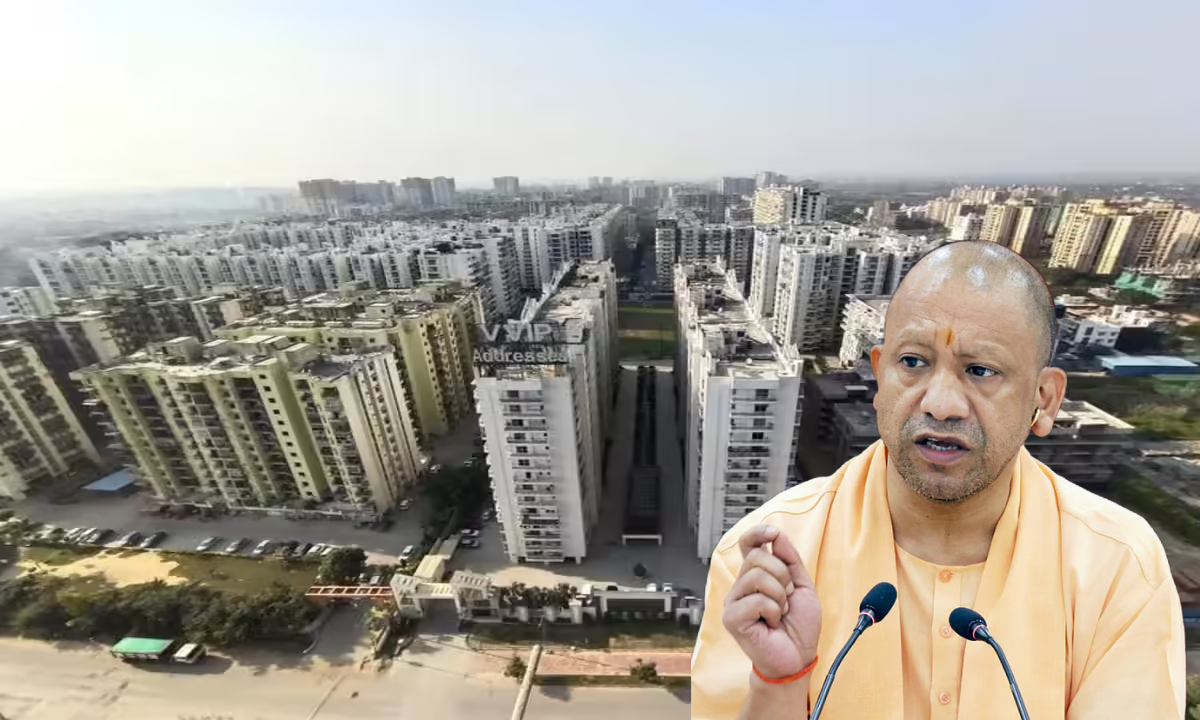Real estate developers across India are calling for the government to rethink its proposal to impose Goods and Services Tax (GST) on Floor Space Index (FSI) and additional FSI charges, warning that such a move could lead to a 7-10% increase in property prices. The Confederation of Real Estate Developers Associations of India (CREDAI) has raised alarms that the imposition of this tax could drastically affect the affordability of housing, particularly for middle-class families.
What Is Floor Space Index (FSI)?
FSI, also known as Floor Area Ratio (FAR), is a crucial parameter in urban planning that determines the maximum allowable built-up area on a given plot of land. It directly affects the density of construction in a particular area. Developers argue that imposing GST on FSI charges, which are typically paid to local authorities, would increase the overall cost of construction. This cost increase could, in turn, be passed on to consumers through higher property prices, making housing more expensive and less accessible, especially for first-time homebuyers.
CREDAI's Appeal to the Government
In a formal letter to Finance Minister Nirmala Sitharaman, CREDAI voiced concerns over the proposed 18% GST on FSI charges. The association emphasized that FSI and additional FSI charges already constitute a significant part of the total cost of real estate projects. Adding GST would further inflate construction costs, pushing up the prices of properties. This increase could particularly impact affordable housing projects, making them financially unviable. CREDAI also raised concerns about the retrospective application of this GST charge, suggesting that it could burden developers with unforeseen liabilities for ongoing or completed projects, which may lead to project delays or cancellations.
Impact on Housing Supply and Demand
Boman Irani, President of CREDAI, stressed that imposing GST on FSI charges could have severe consequences for the real estate market. According to Irani, the financial burden of the tax would likely delay construction timelines and affect developers' ability to deliver homes on schedule. This could create disruptions not only for ongoing projects but also for new affordable housing initiatives. Furthermore, the increased construction costs would make housing less affordable for prospective buyers, particularly in the middle-income segment.
Mr. Irani also pointed out that many developers are already grappling with rising costs in the sector, including escalating raw material prices, high construction technology costs, and the expensive price of skilled labor. An additional 18% GST on FSI charges would exacerbate these challenges, pushing project costs even higher and potentially jeopardizing the affordability of homes.
Concerns from Other Industry Leaders
Niranjan Hiranandani, Chairman of the National Real Estate Development Council (NAREDCO), echoed similar concerns, warning that the real estate sector is already facing significant pressures due to high development premiums and the increasing cost of construction materials. He further argued that imposing GST on FSI charges would reduce the financial viability of real estate projects, particularly affordable housing. Hiranandani also emphasized that the tax burden would impact the overall economic health of the sector, which is one of the largest contributors to employment in India and supports a wide array of ancillary industries.
The real estate sector is an integral part of India’s economy, providing millions of jobs and contributing to the growth of over 300 related industries. Developers argue that the GST on FSI charges would directly undermine the government’s “Housing for All” mission, which aims to make affordable housing accessible to all segments of society, particularly the middle and lower-income groups.
Upcoming GST Council Meeting and Implications
The proposal to implement an 18% GST on FSI charges is set to be discussed at the upcoming GST Council meeting on December 21, 2024, in Jaisalmer, Rajasthan. CREDAI has urged the government to reconsider the proposal, warning that such a move could have a detrimental impact on both the demand and supply of housing in the country. The final decision on this matter will significantly impact the future of the real estate sector and the affordability of housing in India.
Rising Construction Costs and Supply Chain Challenges
The Indian real estate sector is already grappling with various challenges, including soaring construction costs and disruptions in the supply chain. The COVID-19 pandemic has exacerbated these issues, leading to rising material prices and labor shortages. Developers are concerned that the additional tax burden from GST on FSI charges could further strain their ability to meet project deadlines, deliver affordable housing, and maintain profitability. This could lead to a decline in housing supply, especially in the affordable housing segment, where margins are already thin.
The introduction of GST on FSI charges would further heighten these challenges, creating a ripple effect throughout the construction industry. The potential increase in housing prices could make it even more difficult for middle-income families to afford homes, worsening the housing affordability crisis in the country.









.png)